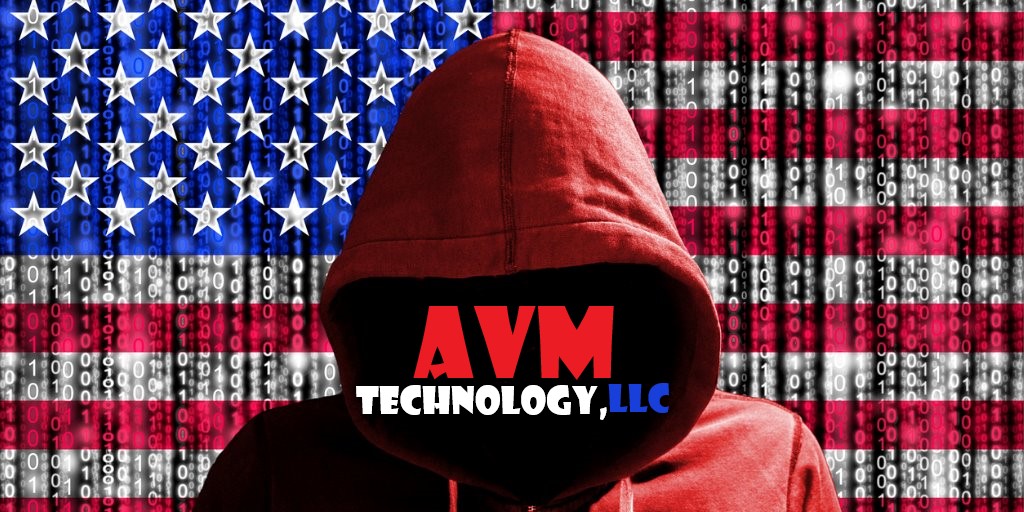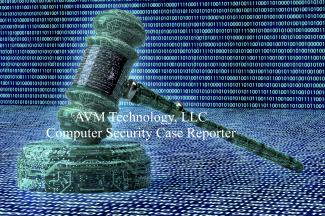State of New York v. O'Grady
695 N.Y.S.2d 140
The PEOPLE of the State of New York, Respondent,
v.
Anne-Marie O'GRADY, Appellant.
Supreme Court, Appellate Division, Third Department, New York.
July 8, 1999.
Appeal from a judgment of the Supreme Court (Lamont, J.), rendered July 31, 1998 in Albany County, upon a verdict convicting defendant of four counts of the crime of computer trespass.
Defendant was indicted and charged with four counts of the crime of computer trespass in violation of Penal Law § 156.10(1). Following a jury trial, defendant was convicted as charged and sentenced to a three-year conditional discharge and ordered to pay a $1,000 fine on each of the four counts. Defendant now appeals.
Contrary to defendant's contention, the evidence adduced at trial was legally sufficient inasmuch as, when viewed in a light most favorable to the People, there clearly was a valid line of reasoning and permissible inferences leading to the conclusion reached by the jury. Likewise, the verdict was not against the weight of the evidence inasmuch as, when viewed in a neutral light, there again was a valid line of reasoning and permissible inferences leading to the conclusion reached by the jury. The evidence reflects that on August 26, 1996, Kathleen Olsen entered the Upstate Federal Credit Union in the Village of Liverpool, Onondaga County, and accosted Dineen Gosselin, an employee of the credit union stating, "Stay away from my husband you f_____ bitch." Gosselin did not know Olsen but recognized her from photographs--Olsen was Gosselin's boyfriend's separated spouse. When Gosselin learned that Olsen did not have an account at the credit union, she contacted her boyfriend and learned that Olsen's maiden name was O'Grady and that her sister, defendant Anne-Marie O'Grady, was employed by the State Department of Taxation and Finance (hereinafter the Department). For reasons not entirely clear from the record, Gosselin then reported the incident to the Department.
The Office of the Inspector General of the Department thereafter conducted an investigation, which revealed that on August 26, 1996 various Department computer records relating to Gosselin's father, mother and brother, as well as other individuals with the same last name, were accessed without authorization despite the fact that said family members had no outstanding tax issues at the time. The investigation further revealed that it was defendant's log-in and employee identification that were used to access said records. Finally, the Department's records revealed that defendant was working on the day in question.
In our view, the foregoing proof not only amply justifies the jury's inference that defendant was the individual who had unlawfully accessed the Department's computer records but, further, excludes to a moral certainty any possible hypothesis of innocence (see, People v. White, 173 A.D.2d 897, 898, 569 N.Y.S.2d 816, lv. denied 78 N.Y.2d 976, 574 N.Y.S.2d 956, 580 N.E.2d 428; People v. Leger, 157 A.D.2d 926, 927, 550 N.Y.S.2d 183, lv. denied 75 N.Y.2d 921, 555 N.Y.S.2d 39, 554 N.E.2d 76; People v. Saplin, 122 A.D.2d 498, 505 N.Y.S.2d 460, lv. denied 68 N.Y.2d 817, 507 N.Y.S.2d 1035, 499 N.E.2d 884). Accordingly, we see no basis for setting aside the jury's verdict.
We also reject defendant's contentions that Supreme Court improperly admitted Gosselin's testimony into evidence and improperly limited defendant's cross-examination of Victor Vasta, the individual who conducted the investigation on behalf of the Department. It is axiomatic that evidence of events that occurred independent of the crimes charged may be admissible as background to explain a material fact or to provide a complete picture of the events (see, People v. Hernandez, 139 A.D.2d 472, 477, 527 N.Y.S.2d 404, lv. denied 72 N.Y.2d 957, 534 N.Y.S.2d 671, 531 N.E.2d 303), as well as to establish motive (see, People v. Molineux, 168 N.Y. 264, 61 N.E. 286). It would appear self-evident that Gosselin's testimony as to the incident with defendant's sister on August 26, 1996 would explain defendant's interest in accessing information concerning Gosselin and her family on the very day of said incident.
During the cross-examination of Vasta, counsel sought to prove that Gosselin had made prior statements to him that were inconsistent with her trial testimony. Supreme Court properly sustained the objection to such testimony on the ground that counsel had not questioned Gosselin concerning such alleged statements and had, therefore, failed to lay a proper foundation for such cross-examination (see, People v. Carter, 227 A.D.2d 661, 662, 641 N.Y.S.2d 908, lv. denied 88 N.Y.2d 1067, 651 N.Y.S.2d 411, 674 N.E.2d 341). We have reviewed defendant's remaining contentions and find them equally unpersuasive.
ORDERED that the judgment is affirmed.

